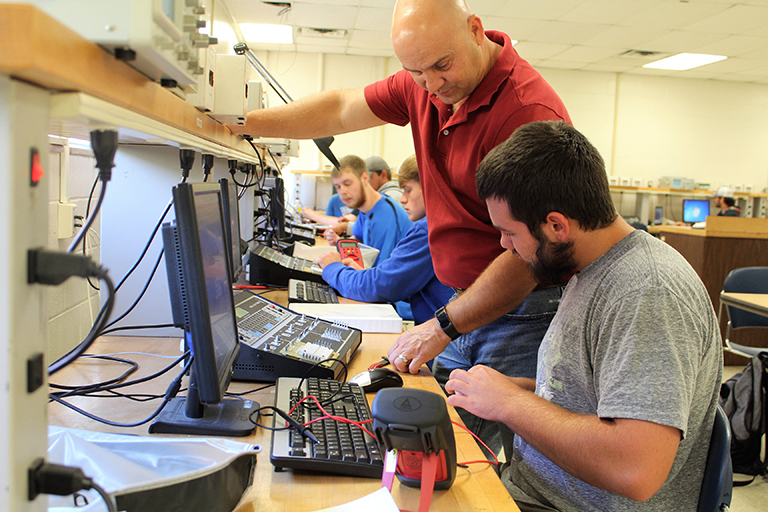In today's digital era, the concept of smart connected devices has become increasingly prevalent. These devices, equipped with advanced technologies and connectivity features, are transforming various industries and revolutionizing the way we live and work. In this blog post, we will delve into the intricacies of smart connected devices, exploring their definition, applications, and the impact they have on different sectors.
- Understanding Smart Connected Devices:
A smart connected device refers to any physical object embedded with sensors, software, and network connectivity, enabling it to collect and exchange data. These devices are often equipped with artificial intelligence (AI) capabilities, allowing them to analyze data and make autonomous decisions. From smartphones and wearables to industrial machinery and smart home appliances, smart connected devices are ubiquitous in our daily lives. - Applications across Industries:
2.1 Healthcare: Smart connected devices are revolutionizing healthcare by enabling remote patient monitoring, personalized treatment plans, and real-time data analysis. Wearable devices, such as fitness trackers and smartwatches, can monitor vital signs, track physical activity, and provide valuable health insights to individuals and healthcare professionals.
2.2 Manufacturing: In the manufacturing sector, smart connected devices are driving the concept of Industry 4.0. These devices facilitate real-time monitoring of production processes, predictive maintenance, and optimization of supply chains. By harnessing the power of data analytics, manufacturers can enhance productivity, reduce downtime, and improve overall operational efficiency.
2.3 Transportation: The transportation industry is undergoing a significant transformation with the advent of smart connected devices. From connected cars and autonomous vehicles to smart traffic management systems, these devices are enhancing safety, optimizing routes, and reducing congestion. Additionally, smart connected devices enable vehicle-to-vehicle communication, paving the way for a future of interconnected transportation systems.
2.4 Agriculture: Smart connected devices are revolutionizing agriculture by enabling precision farming techniques. Sensors embedded in the soil can monitor moisture levels, nutrient content, and crop health, allowing farmers to optimize irrigation, fertilization, and pest control. This data-driven approach enhances crop yields, reduces resource wastage, and promotes sustainable farming practices.
- Impact on Society:
The proliferation of smart connected devices has far-reaching implications for society as a whole. These devices have the potential to improve the quality of life, enhance productivity, and drive economic growth. However, it is crucial to address concerns regarding data privacy, security, and ethical implications associated with the collection and utilization of vast amounts of personal and sensitive information.
Conclusion:
Smart connected devices are reshaping industries and transforming the way we interact with the world around us. From healthcare and manufacturing to transportation and agriculture, the applications of these devices are vast and diverse. As we embrace this technological revolution, it is essential to strike a balance between innovation and addressing the challenges that arise. By harnessing the power of smart connected devices responsibly, we can unlock their full potential and create a future that is truly connected and intelligent.

